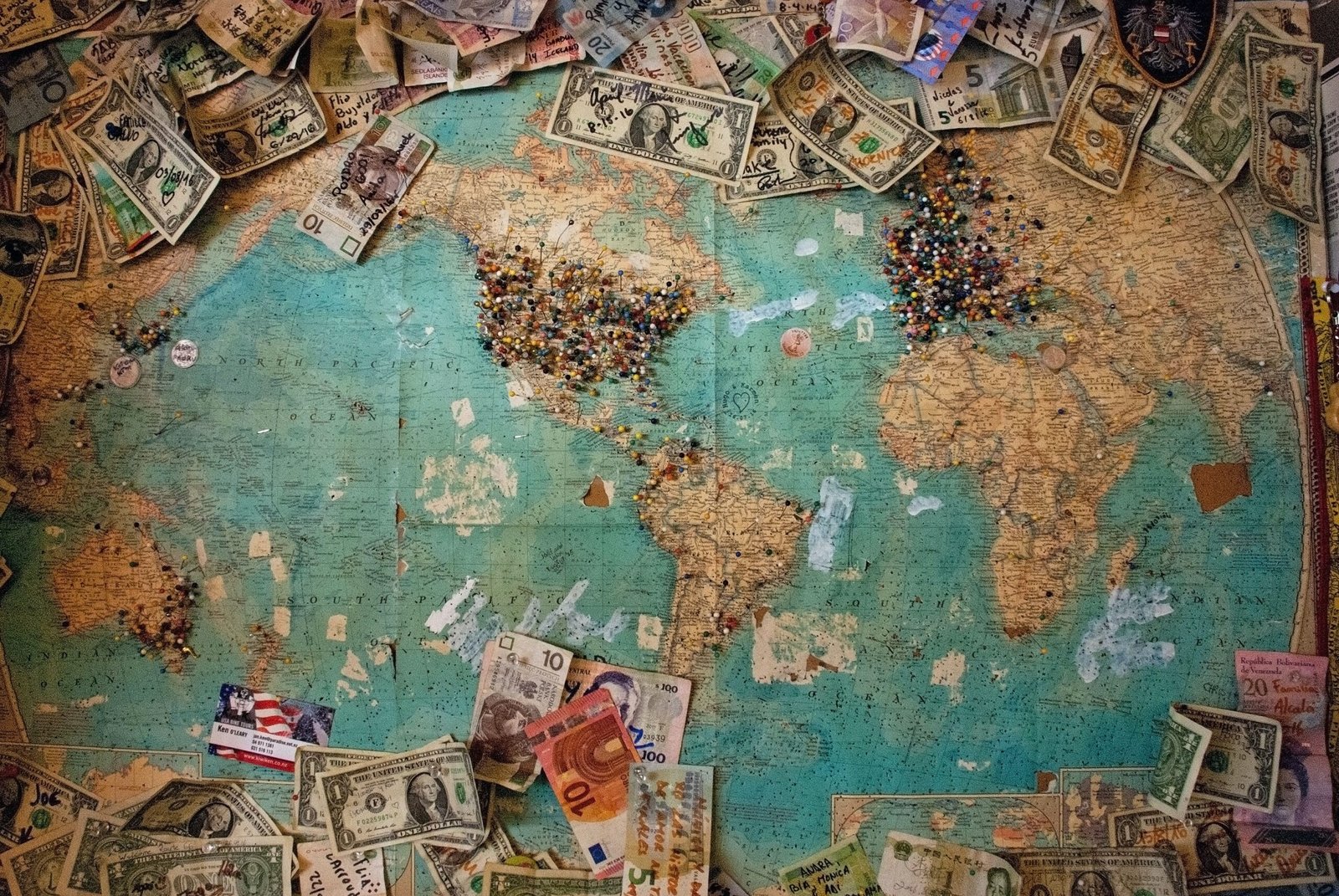Financial crimes, such as money laundering, pose a significant threat to the global economy. With the rise of digital transactions and the increasing complexity of financial systems, tracking money laundering has become a crucial task for governments, financial institutions, and law enforcement agencies.
The Definition and Impact of Money Laundering
Money laundering is the process of making illegally obtained money appear legitimate by disguising its true origin. It involves a series of transactions that obscure the source of funds, making it difficult to trace the illicit activities that generated the money. This illegal practice allows criminals to enjoy the proceeds of their crimes without raising suspicion.
The impact of money laundering is far-reaching and affects both developed and developing countries. It undermines the integrity of financial systems, erodes public trust, and hinders economic growth. Additionally, money laundering enables other criminal activities, such as drug trafficking, terrorism financing, corruption, and tax evasion.
The Global Effort to Combat Money Laundering
Recognizing the serious implications of money laundering, countries around the world have taken steps to combat this financial crime. International organizations, such as the Financial Action Task Force (FATF), have been established to set global standards and promote effective measures to prevent money laundering and terrorist financing.
Financial institutions play a crucial role in the fight against money laundering. They are required to implement robust anti-money laundering (AML) programs, which include customer due diligence, transaction monitoring, and reporting suspicious activities. These measures help identify and report suspicious transactions to the authorities for further investigation.
Furthermore, governments have enacted legislation and regulations to criminalize money laundering and provide law enforcement agencies with the necessary tools to investigate and prosecute offenders. Cooperation between countries through mutual legal assistance treaties and information sharing has also improved, enabling the tracking of illicit funds across borders.
The Role of Technology in Tracking Money Laundering
As financial transactions become increasingly digital, criminals have adapted their methods to exploit vulnerabilities in the system. However, technology also offers powerful tools to detect and prevent money laundering.
One such technology is artificial intelligence (AI), which can analyze vast amounts of data and identify patterns indicative of money laundering activities. AI-powered algorithms can flag suspicious transactions, monitor customer behavior, and enhance the accuracy of risk assessments. This technology enables financial institutions to stay one step ahead of criminals and mitigate the risks associated with money laundering.
Blockchain technology, known for its transparency and immutability, also has the potential to revolutionize the fight against money laundering. By recording transactions in a decentralized and tamper-proof manner, blockchain can provide a reliable and auditable trail of financial activities. This can make it easier to trace the flow of funds and identify suspicious transactions.
The Future of Tracking Money Laundering
As criminals continue to evolve their money laundering techniques, the efforts to combat this financial crime must also adapt. The future of tracking money laundering lies in the continued collaboration between governments, financial institutions, and technology providers.
Regulators need to stay vigilant and update regulations to keep pace with emerging risks and technologies. Financial institutions must invest in advanced AML solutions and prioritize staff training to effectively detect and report suspicious activities. Additionally, cooperation between countries and international organizations needs to be strengthened to close loopholes and ensure a coordinated global response.
By leveraging technology, embracing innovation, and fostering international cooperation, the fight against money laundering can become more effective. Tracking money laundering on a global scale is essential to safeguard the integrity of financial systems and protect the global economy from the devastating consequences of financial crimes.




































